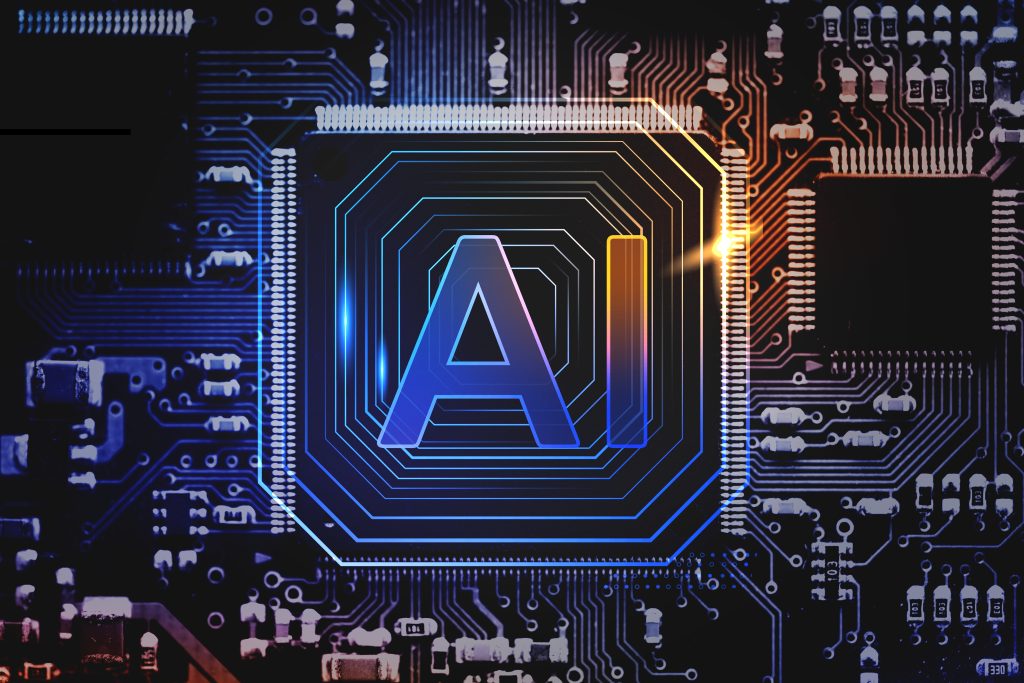Researchers have found that one in five General Practitioners (GPs) in the United Kingdom are now incorporating AI tools into their clinical practice. This revelation comes at a time when the medical community is grappling with the potential benefits and risks of AI in healthcare, prompting calls for targeted training and clear guidelines for clinicians.
The Survey: Methodology and Key Findings
The study, published in the prestigious BMJ Health and Care Informatics journal, surveyed over 1,000 UK GPs through the medical forum Doctors.net.uk. The researchers focused on the use of ‘large language model’ AI chatbots, such as ChatGPT and Bing AI, in clinical work. While the authors acknowledge that the survey may not be fully representative of all UK GPs, the findings provide valuable insights into the growing trend of AI adoption in primary care.

Key statistics from the survey include:
- 20% of surveyed GPs reported using AI tools in their clinical practice
- Among the 160 GPs who use AI:
- 29% use it to generate documentation
- 28% use it to suggest differential diagnoses
- 25% use it to suggest treatment options
- 20% use it for patient summarisation from prior documents
ChatGPT emerged as the most popular AI tool among the respondents, highlighting its user-friendly interface and versatility in handling various healthcare-related tasks.
The Role of AI in Clinical Practice
The survey results indicate that GPs are finding value in AI tools, particularly for administrative tasks and to support clinical reasoning. The ability of AI to quickly generate documentation after patient appointments has been particularly well-received, potentially alleviating some of the bureaucratic burden that often plagues healthcare professionals.
Moreover, the use of AI to suggest differential diagnoses and treatment options points to its potential as a decision-support tool. By providing rapid access to vast amounts of medical knowledge, AI could help GPs consider a broader range of possibilities and stay updated with the latest treatment guidelines.
However, it’s crucial to note that AI is currently being used as a supplementary tool rather than a replacement for clinical judgment. The survey findings suggest that GPs are cautiously integrating AI into their workflow, using it to enhance rather than supplant their decision-making processes.
Potential Benefits and Risks
The adoption of AI in general practice offers several potential benefits:
- Increased Efficiency: By automating documentation and summarisation tasks, AI could free up more time for patient care.
- Enhanced Decision Support: AI’s ability to process vast amounts of medical literature could help GPs stay current with the latest research and treatment options.
- Improved Diagnostic Accuracy: When used in conjunction with clinical expertise, AI could potentially help reduce diagnostic errors.
- Personalized Care: AI algorithms could help identify patterns in patient data, potentially leading to more tailored treatment plans.
However, the authors of the study and other experts in the field have raised several concerns about the use of AI in clinical practice:
- Errors and Biases: AI systems can embed subtle errors and biases, which could lead to incorrect suggestions if not critically evaluated.
- Patient Privacy: There are concerns about how internet companies behind generative AI use the information they gather, potentially compromising patient confidentiality.
- Overreliance: There’s a risk that some clinicians might become overly dependent on AI, potentially eroding their clinical skills over time.
- Liability Issues: As highlighted by Dr. Annabelle Painter, a digital health expert and GP registrar, doctors could be held liable when AI gets decisions wrong.
The Need for Education and Guidelines
The study’s findings have prompted calls for targeted training to educate clinicians about the potential risks and benefits of AI in healthcare. The authors emphasize the need for the medical community to find ways to educate physicians and trainees about these tools.
Dr. Painter’s warning about liability risks underscores the importance of maintaining the ability to ‘critically appraise’ AI technology. This sentiment is echoed by local medical leaders, with Local Medical Committees (LMCs) voting in favor of a motion stating that “only a doctor with full training and appropriate levels of experience will be effective to challenge an AI.”
The need for clear guidelines is further emphasized by recent advice from a medical defence organisation, warning GPs not to use AI for complaint responses due to the risk of ‘inaccuracy’ or ‘insincerity’. This highlights the complex ethical and professional considerations surrounding AI use in healthcare.
Regulatory Landscape and Future Outlook
As AI continues to permeate various aspects of healthcare, regulatory bodies are scrambling to keep pace. The authors of the study note that while generative AI tools are increasingly the target of regulatory efforts, it remains unclear how legislation will intersect in a practical way with these tools in clinical practice.
The integration of AI into healthcare is likely to accelerate in the coming years, driven by advancements in technology and the potential for improved patient outcomes. However, the path forward will require careful navigation of ethical, legal, and practical considerations.
Key areas for future development include:
- Standardization: Developing standardized protocols for the use of AI in clinical settings to ensure consistency and safety.
- Transparency: Improving the explainability of AI algorithms to allow clinicians to understand and verify AI-generated suggestions.
- Integration: Seamlessly incorporating AI tools into existing electronic health record systems for improved workflow.
- Continuous Evaluation: Implementing systems for ongoing monitoring and evaluation of AI performance in real-world clinical settings.
The revelation that one in five GPs are already using AI tools in their clinical practice marks a significant milestone in the digital transformation of healthcare. While the potential benefits are substantial, ranging from improved efficiency to enhanced decision support, the risks and challenges cannot be overlooked.
As AI continues to evolve and integrate into clinical practice, it’s clear that a multifaceted approach involving education, regulation, and ongoing research will be crucial. The medical community must strike a delicate balance between embracing innovation and maintaining the human-centered, empathetic care that forms the cornerstone of the doctor-patient relationship.

The findings of this survey serve as a call to action for medical educators, policymakers, and healthcare leaders. As we stand on the cusp of a new era in medicine, it’s imperative that we equip our healthcare professionals with the knowledge and skills to harness the power of AI while upholding the highest standards of patient care and ethical practice.
The journey of AI integration in healthcare is just beginning, and the experiences and insights of early adopters like the GPs in this survey will be invaluable in shaping the future of medical practice. As we move forward, continued dialogue, research, and collaboration will be essential to ensure that AI serves as a tool to augment and enhance, rather than replace, the irreplaceable human element in healthcare.
Copyright©dhaka.ai
tags: Artificial Intelligence, Ai, Dhaka Ai, Ai In Bangladesh, Ai In Dhaka, Future of AI, Artificial Intelligence in Bangladesh



